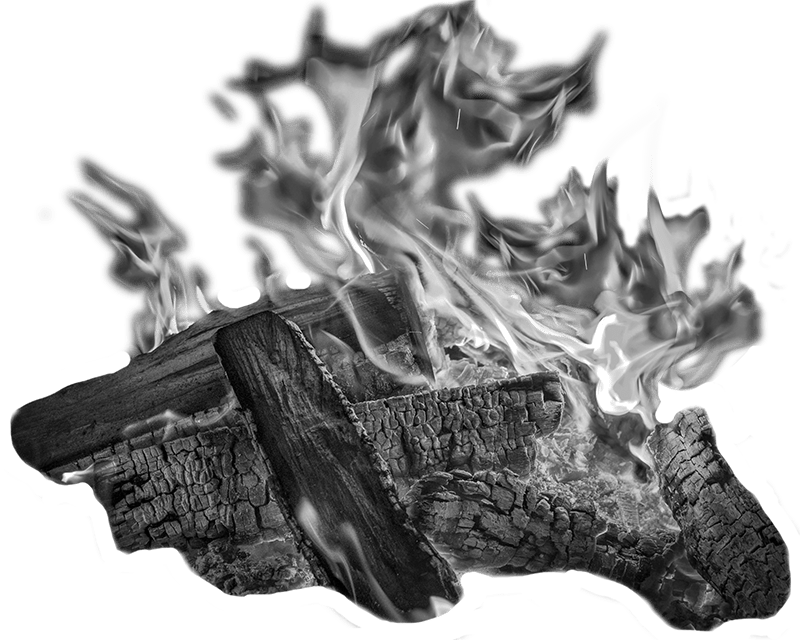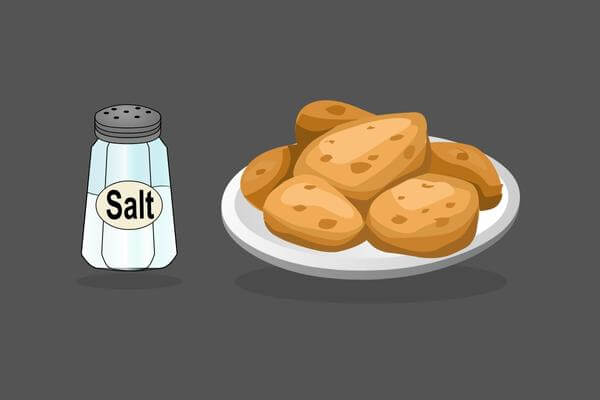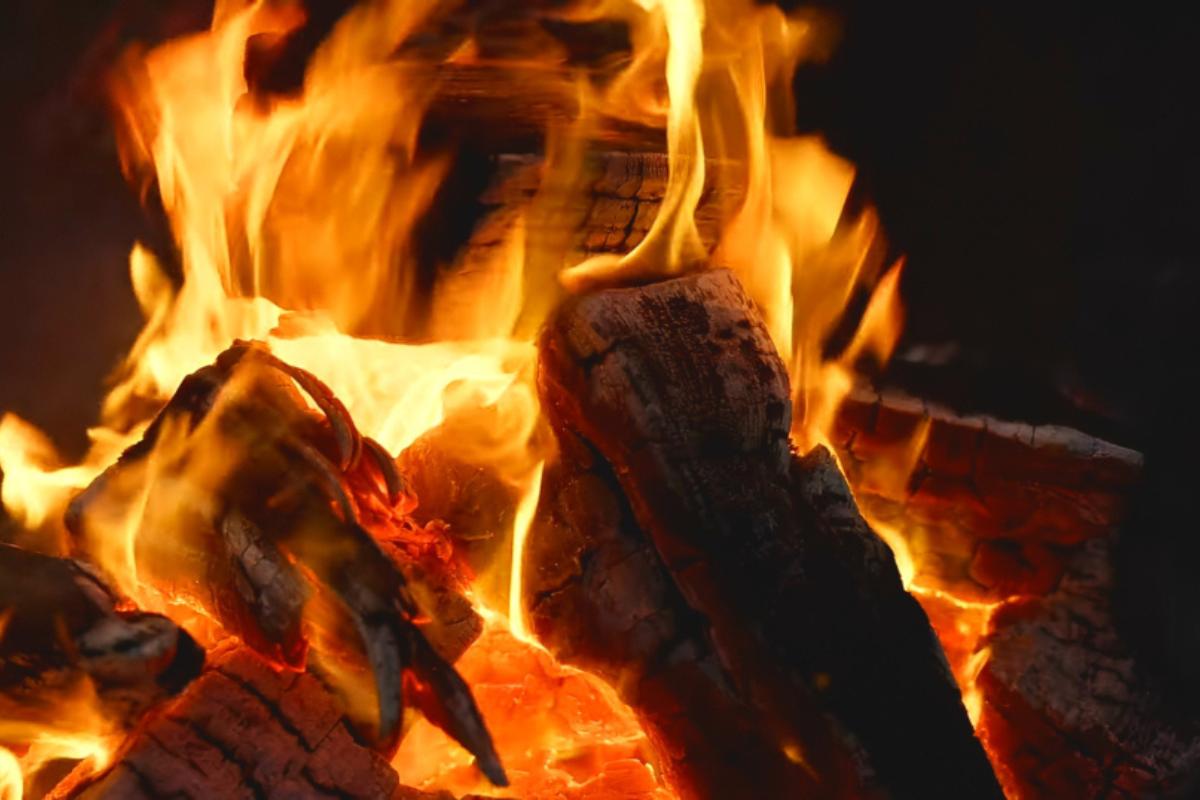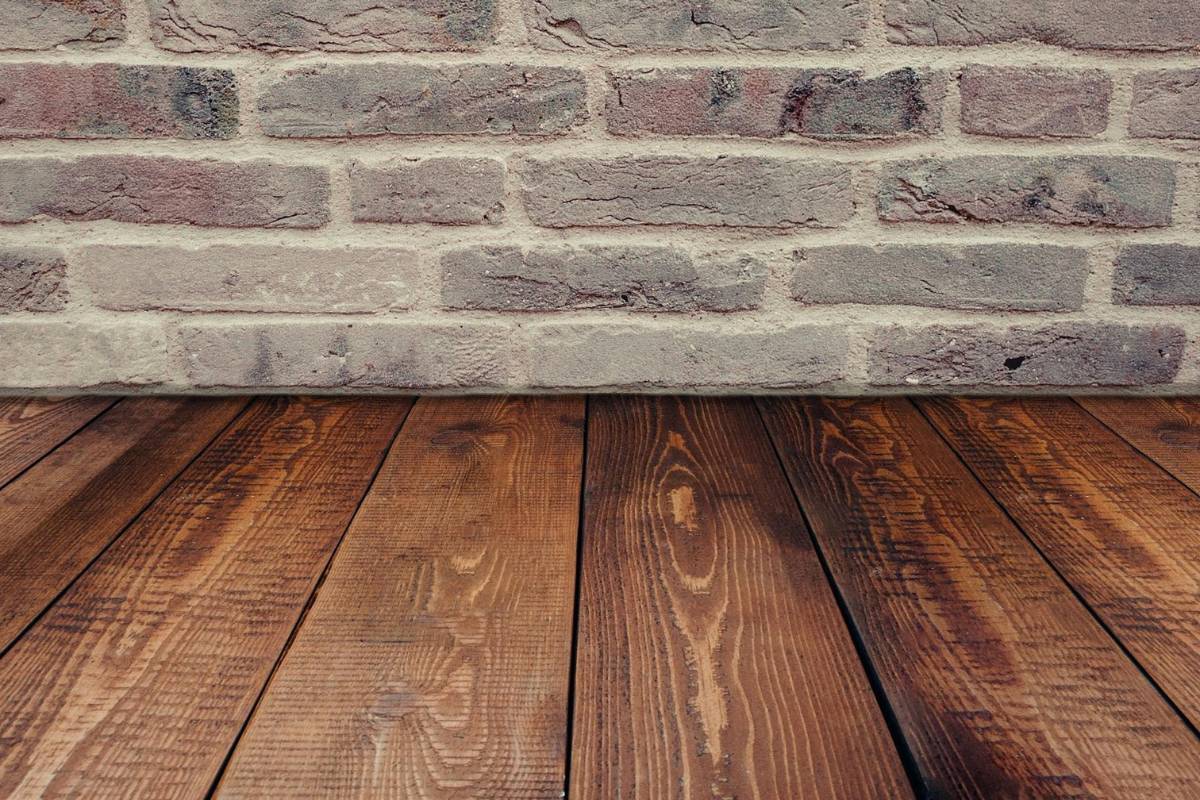So you want to cook some potatoes but are in a hurry and need more time for them to boil. What do you do? Add some salt!
Yes, adding salt to your cooking water will help it boil faster. But does it really work? And what about all the other questions that come up when boiling potatoes? Is there an easy way to tell if they are done? Is covering them helpful or harmful?
In this post, we will answer these questions and more, including whether or not adding oil makes a difference! So sit back with a nice glass of wine and enjoy learning how to cook the perfect potato.
Does Salt Water Boil Potatoes Faster than Plain Water?
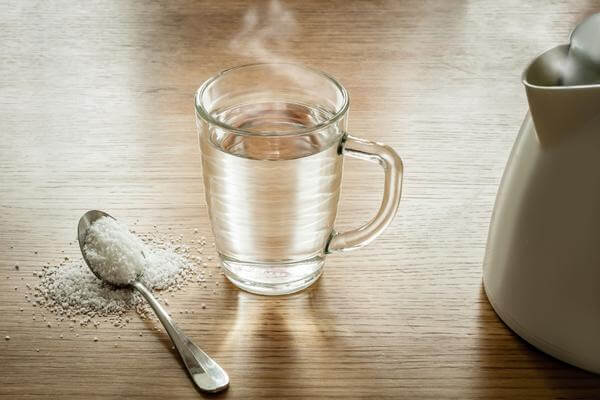
Salt does make water boil faster.
Water is a solvent that can dissolve the salt, which means you can use it to make salt water. Saltwater contains more dissolved solute than plain water, so it is denser and weighs more than plain tap water. The increased liquid density makes it take up more space in its container. Because of this difference in volume, boiling time will be shorter for a higher concentration of dissolved substances like salt (remember our earlier discussion about boiling points).
The additional heat from dissolved salts can help increase the temperature of your pot and speed up cooking times!
Should Potatoes Float When Boiling Them?
In general, potatoes should float when boiled. If they do, they are still going!
If you have a potato that floats to the top of the pot of boiling water, it is probably overcooked and might have even started to disintegrate. These potatoes are done cooking. Try to get them out before they break apart into mushy little pieces.
How Do You Know When the Potato Is Done?
To test whether your potato is cooked, you can use a knife or fork to poke them. If they are soft and go in easily, they are done. But they still need to be finished if you can’t get it in at all!
The best way to cook potatoes is when they are still whole. Don’t peel them first because that will take some time, and the skins have nutrients in them too!
Which Container Is the Best for Boiling Potatoes?
To get the best results, it’s important to use a pot with a lid. This will help prevent water from evaporating and your potatoes from burning. You will also want something large enough for your potatoes and saltwater to fit comfortably in. You don’t want too much water or too little. The best containers have high sides and tight-fitting lids that let the steam build up inside as they cook (and therefore reduce boiling time).
The easiest way to do this is by using an oven-proof bowl or casserole dish. Just make sure there are holes on the bottom so the steam can escape. If you don’t have one available, try using any type of container with high sides, like a Dutch oven or stock pot. Just make sure it has holes in the bottom so all those delicious juices can drip down into your pan!
Finally: Don’t forget about salt! It’s crucial when cooking potatoes because it helps break down their cell walls, so they are soft on the inside without being mushy or raw tasting on top–a must-have ingredient when making mashed taters!
Can You Speed up the Cooking Process by Covering Potatoes with a Lid?
The answer is yes.
If you cover your potatoes with a lid, they will cook faster because more of the steam from their surfaces will be trapped in the pot. This speeds up the evaporation of moisture from their surface and helps them cook faster. It also keeps their insides from absorbing too much water (which would make them soggy).
To test this theory, I set two pots of water at high heat: unpeeled russet potatoes and peeled russet potatoes covered by lids. After 30 minutes, both pots cooled down enough to measure how much they had boiled down by comparing them to cups marked on their sides. The uncovered pot lost 2 cups (480 milliliters), while the covered pot lost only 1 cup (240 milliliters).
Salt Helps Cook Potatoes Faster.
Yes, salt helps cook potatoes faster. Salt water boils faster than plain water.
The reason is that salt makes the water denser (or heavier). It takes up more space per unit of volume, so it takes less time to get to the boiling point.
Conclusion
And that’s it! You now know how to cook your potatoes in the best way possible. And there are so many more ways to use salt in your cooking!
These tips will help you become a better cook and make delicious food for yourself and your family.
